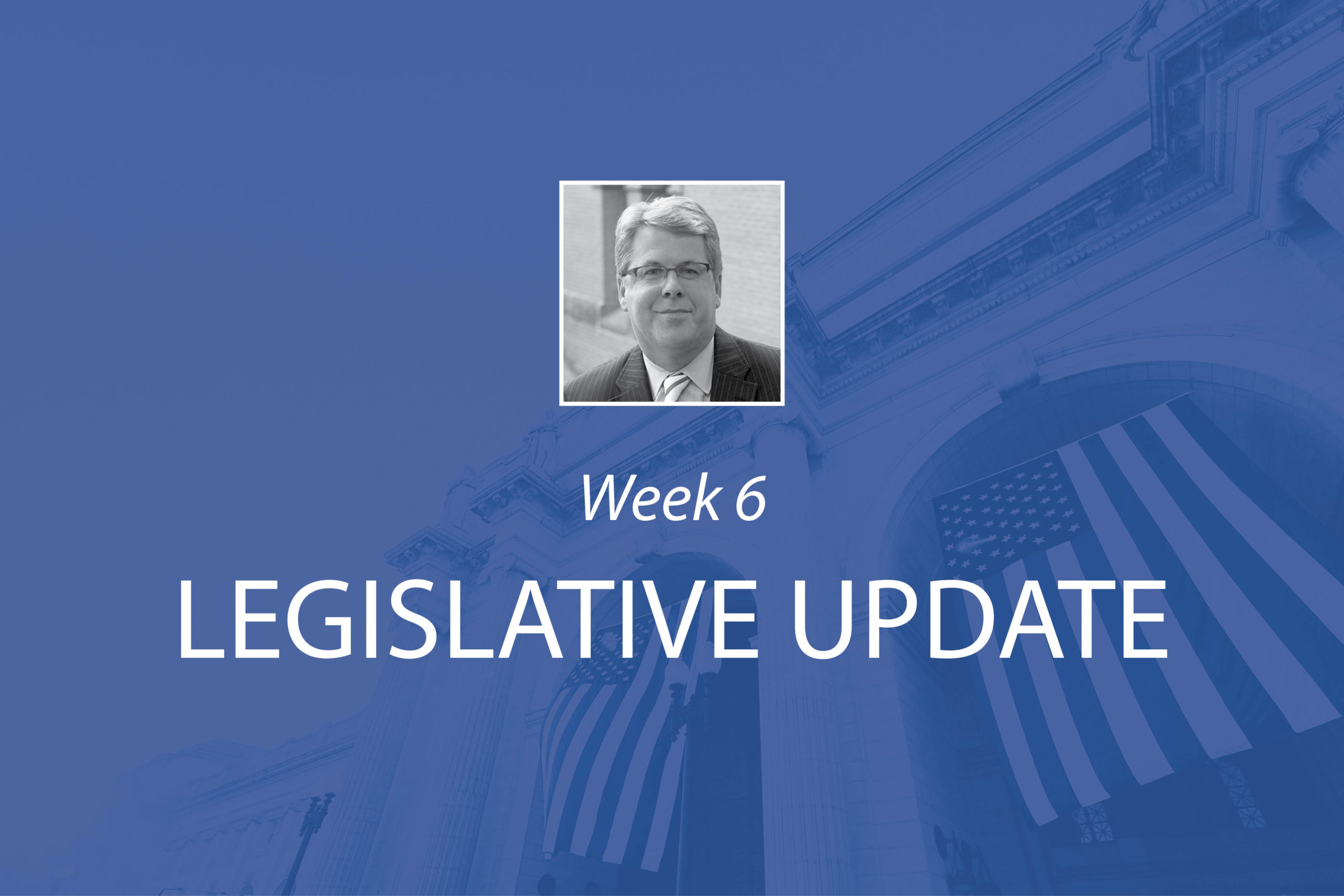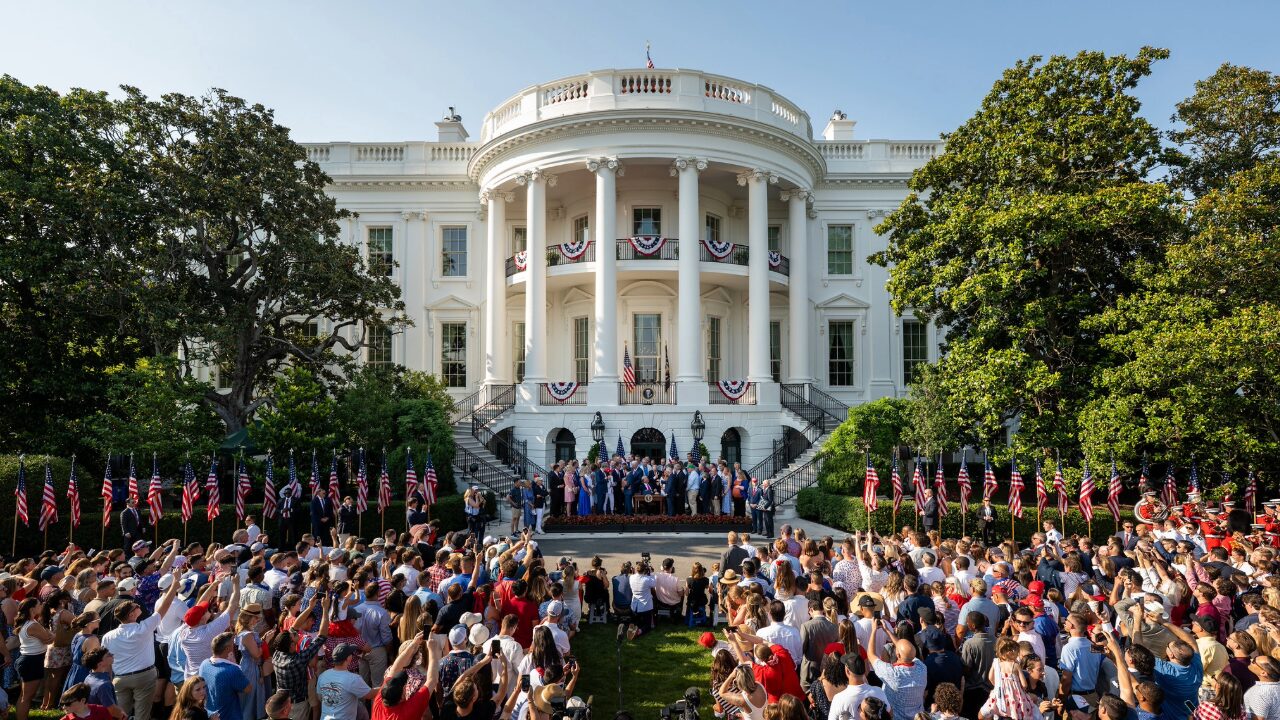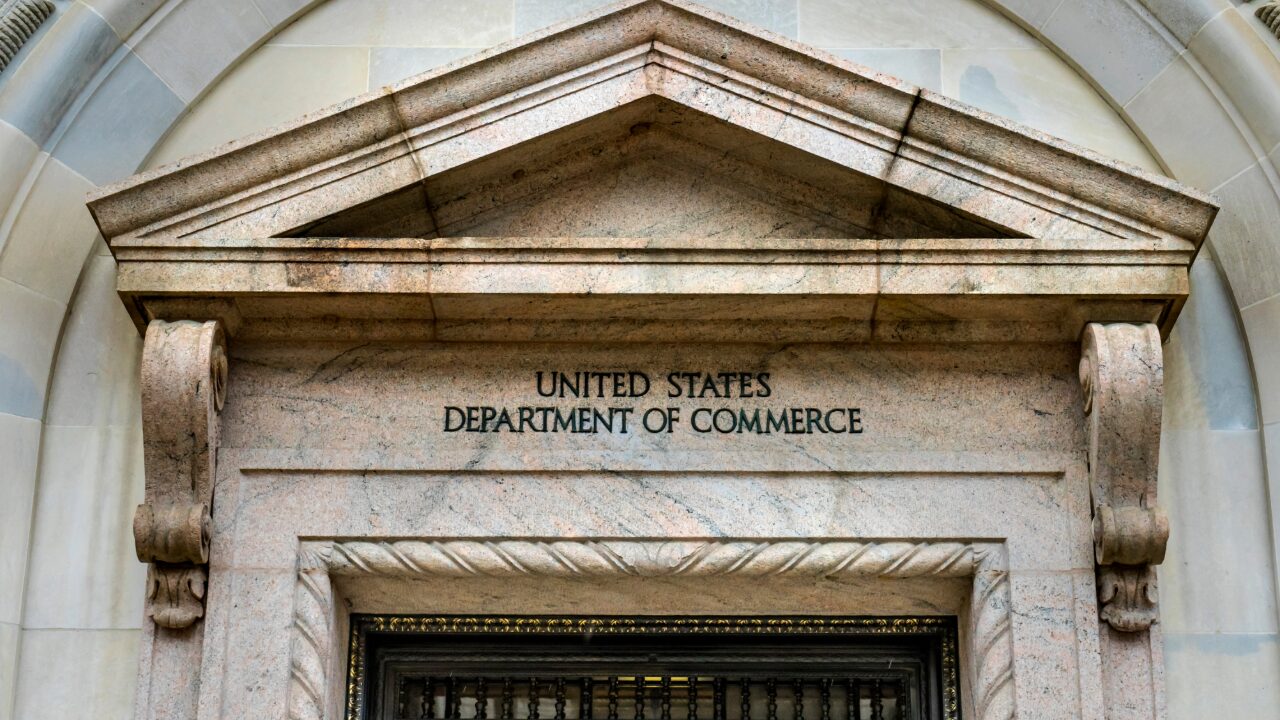Congressional Update
The House missed its self imposed deadline last week to vote on a $1 trillion, Senate-passed, bipartisan infrastructure bill known as the BIF—or Bipartisan Infrastructure Framework. Although nearly 20 House Republicans signaled that they would vote for the measure, the House Democrat Progressive Caucus stood firm in its opposition to moving forward on BIF without a firm commitment to vote on the much larger social spending provisions being pursued through the budget reconciliation process. The dispute is over top line funding for the budget reconciliation bill. President Biden’s Build Back Better plan targeted $3.5 trillion in spending across the federal government’s wide footprint of agencies and departments. This figure has been a non-starter in the Senate, where Senate Democrats hold a razor thin majority and two moderates—Senator Kyrsten Sinema (D-AZ) and Joe Manchin (D-WV)—have insisted that they cannot support anything close to that number, with Senator Manchin on Tuesday announcing that he could go as high as $2.2 trillion. House leadership punted on a vote last week due to a lack of agreement between the Senate and the House on a compromise spending figure. Speaker Pelosi has been consistent in her position that the House will not proceed on any package that cannot ultimately pass the Senate. The end result is that the deadline for a vote on the infrastructure bill and presumably the budget reconciliation package has been moved back to the end of October.
In the meantime, Congressional leaders scrambled to pass legislation that will temporarily suspend the federal debt ceiling, or the cap on the amount of money the U.S. government can borrow to pay its debts. Treasury Secretary Janet Yellen had informed Congress that the U.S. would default on its debts if legislation lifting the debt ceiling was not enacted by October 18. Senate Democrats had put forward a proposal along the lines of what the House passed last week which would suspend the federal debt limit until December 2022. Senate Republicans have been opposed to this proposal and have blocked what is known procedurally as “unanimous consent” to allow a debt-limit suspension to pass with a majority vote instead of having to first overcome the usual 60-vote threshold to end a filibuster.
However, Senate Minority Leader Mitch McConnell proposed a short-term debt ceiling suspension that will endure until early December. The Senate Majority accepted. While this development temporarily averts a crisis and is a welcome relief to Wall Street, we will likely be looking at another show down in December over this issue. Adding to the intrigue is the fact that December 3 is when the current Continuing Resolution to fund the federal government expires, which sets the course for a fiscal pile up as we head into the holidays.
Workforce Development
Late last week, the Department of Labor announced the award of $68 million in grant funding to organizations in states across the country to help connect the unemployed to job opportunities in their community. The grants were made as part of the Comprehensive and Accessible Reemployment through Equitable Employment Recovery (CAREER) National Dislocated Worker program that supports organizations serving individuals most affected by the economic and employment fallout from the pandemic. Funds may be used for worker training (both in the classroom and at the worksite), transportation, child care and other services to help job seekers find and retain employment. The list of grant recipients may be found here: https://www.dol.gov/newsroom/releases/eta/eta20210929.




